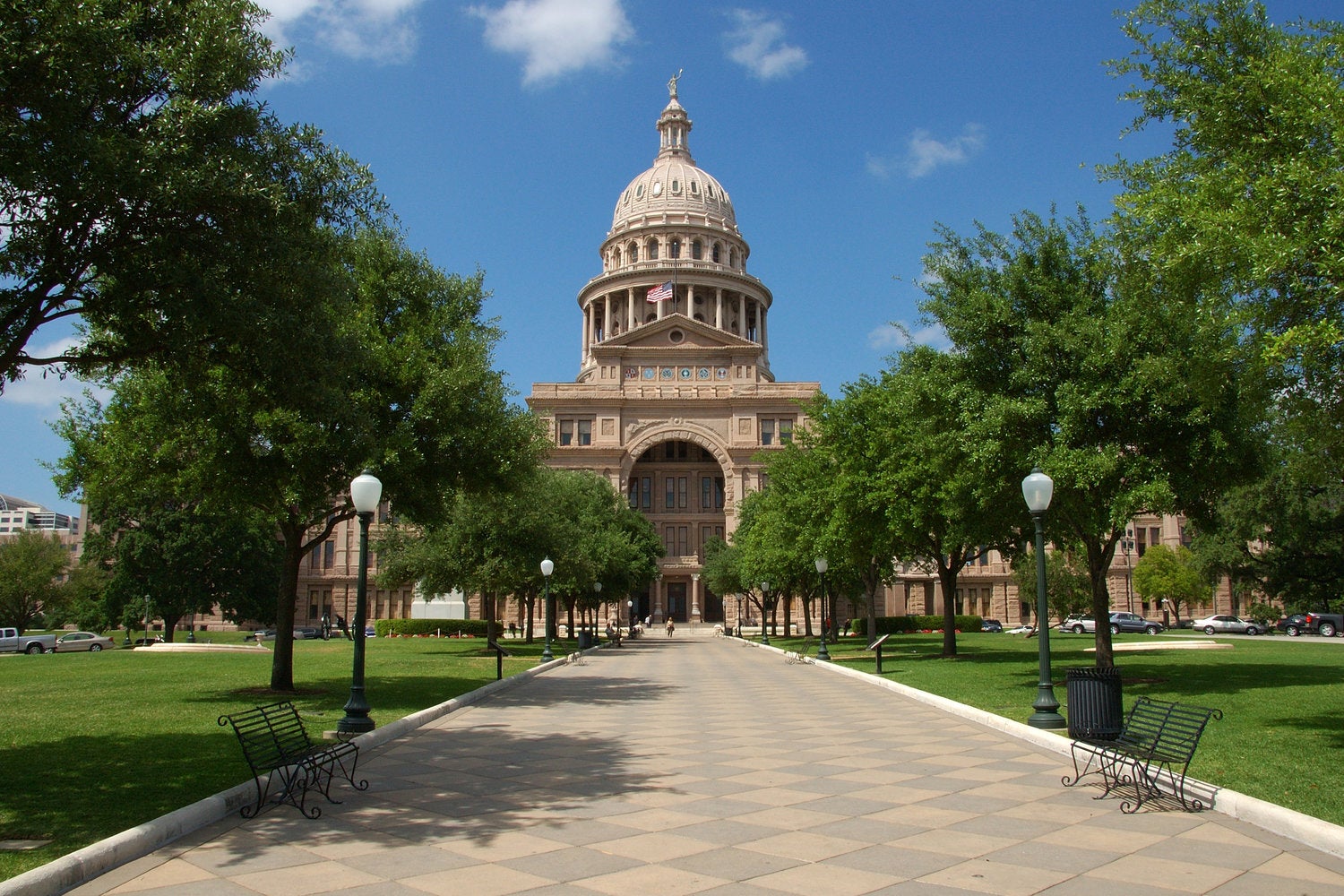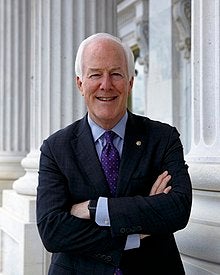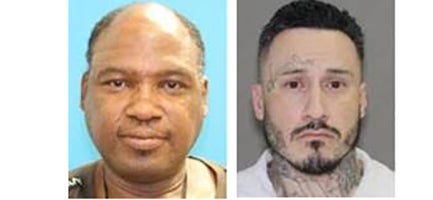TEACHER PAY RAISE HEADS TO FULL SENATE
Published 6:00 pm Monday, March 4, 2019

- State capitol building in Austin, Texas
(Austin) Texas teachers could see a five-thousand dollar annual pay increase under a bill unanimously approved by the Senate Finance Committee on Monday. Public school teachers haven’t seen a meaningful pay bump in 20 years, said bill author and committee chair Senator Jane Nelson of Flower Mound. “We need to provide this salary in order to retain our teachers in our classrooms, and to attract new teachers to the profession,” she said. “We’ve got to make sure we attract the best and the brightest, and we’ve got to keep them.” Her bill, SB 3, would give all of the state’s 350,000 public school teachers a permanent five-thousand dollar raise beginning in the 2018-2019 school year.
Nelson, who is also the chamber’s chief budget writer, set aside $3.7 billion in the Senate proposal to pay for these raises, but the price will go up to just under $4 billion after considering additional costs to the Teacher Retirement System. Since teacher pensions are based on an average of their highest-compensated years, an across-the-board pay raise would add about $240 million in additional costs per year over the next two years. Nelson emphasized that this bill wouldn’t preclude any teacher pay provisions in the forthcoming school finance reform bill. Though yet to be unveiled, that measure is expected to include some outcomes-based salary structure to allow districts to identify the best teachers in their schools and pay them more.
According to the Texas Education Agency, the vast majority of public school teachers make between $50,000 and $60,000 annually, including bonuses and incentive pay. Many teachers testified before the committee to lend support to the measure, saying that under current pay rates, they have to work multiple jobs and long hours to make ends meet. Though supportive in general, several asked for lawmakers to find a way to include raises for librarians, teachers’ assistants, custodians and other education paraprofessionals integral to the education of the state’s children.
Now on its way to the Senate floor for consideration, the bill’s chances to clear that chamber and head to the House are all but assured, with 27 of the 30 remaining members joining Nelson as co-authors on the measure.
Also this week, North Richland Hills Senator Kelly Hancock announced the filing of sweeping reform legislation aimed at ending the phenomenon known as surprise billing. This happens when a healthcare facility contracts with physicians and other providers who are in a different insurance network. A patient might go to an ER at a hospital that is in their insurance network, only to be hit with hundreds or thousands of dollars in bills for services provided through these out-of-network doctors. Hancock filed and passed the first legislation addressing surprise billing as a member of the House in 2009, creating a mediation process through the Texas Department of Insurance to give consumers a way to seek remedy against excessive and surprise medical bills. He said that’s saved Texans well over $30 million in out-of-pocket medical expenses since implementation, but more needs to be done.
Thursday, Hancock held a press conference to roll out legislation aimed at effectively ending the practice entirely. The bill would prohibit surprise billing of holders of state-regulated health insurance policies in cases where they have no choice in their service provider. This includes not only out-of-network providers at in-network facilities but also emergency care. The patient would still be responsible for expected policy costs like co-pays and deductibles, but not more than that. It would also allow holders of certain federally-regulated policies to opt into state protections. Insurers and providers could still use the existing TDI mediation rules to resolve disputes, but that process wouldn’t impact the consumer.
The Senate will reconvene Monday, March 4 at 3 p.m.




